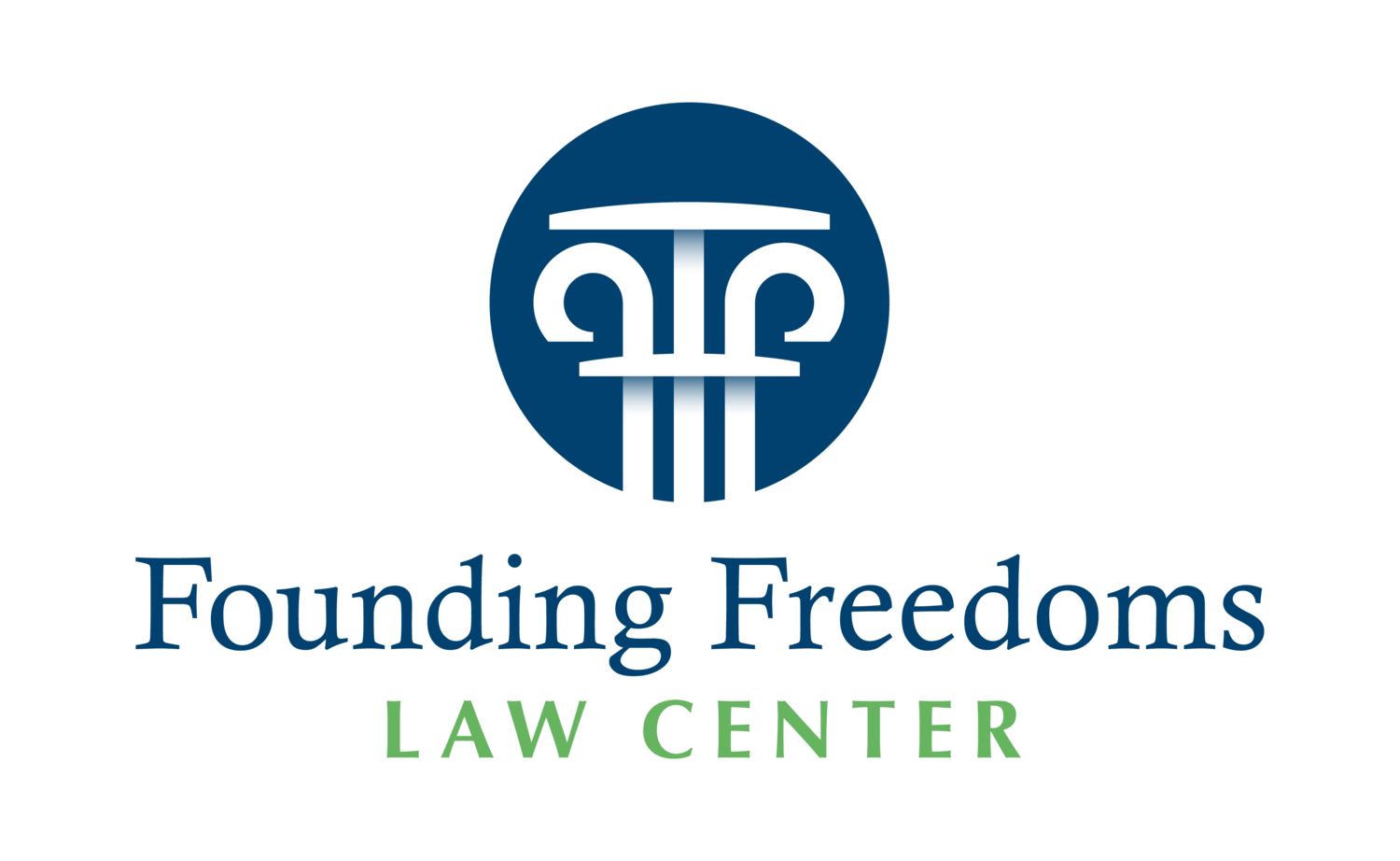Supreme Court Sides with Tennessee: A Victory for Children, Parents, and Common Sense
On Wednesday, the United States Supreme Court ruled in favor of Tennessee’s Senate Bill 1 (SB1), holding that it does not violate the Equal Protection Clause of the 14th Amendment.1 SB1 prohibits medical treatments for trans-identifying minors when the purpose is to (1) “enable a minor to identify with, or live as, a purported identity inconsistent with the minor’s sex,” or (2) treat “purported discomfort or distress from a discordance between the minor’s sex and asserted identity.”2
This decision is a resounding victory for the protection of children and parental rights nationwide. The Court recognized the fast-moving, unsettled nature of the medical debate around treatments such as puberty blockers, cross-sex hormones, and surgeries. These interventions are experimental and carry serious, irreversible consequences. Yet, despite the lack of medical consensus, they’re increasingly being promoted and pushed in schools and mainstream discourse as appropriate care for struggling minors.
Justice Clarence Thomas put it clearly: “Over the past several years, public health authorities in different countries have concluded that these sex-transition treatments are experimental in practice, and that the evidence supporting their use is of ‘very low certainty, ’‘insufficient,’ and ‘inconclusive.’”3 Tennessee passed SB1 to step in where many institutions have failed—to protect vulnerable children from ideological and medical overreach.
Real-life stories confirm the Court’s concerns. An alarming number of young people are now detransitioning, speaking out about the harm they experienced from undergoing life-altering medical procedures they were too young to fully understand. Justice Thomas noted that many children “are being rushed toward medical treatment without proper assessment,” and cited testimony from a young woman who said she “was not capable of making informed lifelong decisions” as a teenager. She received hormonal and surgical treatments; decisions she now regrets.4
The Court’s ruling is a hopeful signal to parents and lawmakers across the country: States have a legitimate interest in safeguarding children from life-changing, irreversible harm. This sends a message to the twenty-five states that have laws protecting children from aggressive experimental cross-sex interventions that they are standing on solid legal ground.
Chief Justice Roberts, writing for the majority, stated the Court has “not previously held that transgender individuals are a suspect or quasi-suspect class,” and emphasized that SB1 doesn’t classify based on transgender status, but rather on age and the use of specific medical treatments.5 Therefore, the Court did not have to address whether or not trans-identified individuals are a protected class for 14th Amendment Equal Protection purposes. Since the Court does not address this question, it is still unsettled and may be the cause of future litigation.
But in their concurring opinions, Justices Barrett and Alito did address the issue. Justice Barrett, joined by Justice Thomas, noted that the Court has not recognized any new protected class in over 40 years and emphasized the high standard to satisfy a new protected class.6 Justice Alito took it further, writing that even if SB1 did discriminate based on transgender identity, it would still be constitutional because such a classification does not warrant heightened scrutiny, and hence is not a protected class of individuals. 7 So, although not a majority consensus on this question, these concurring opinions provide ample support and legal backing to claim that trans-identified individuals are not and should not be a protected class under the law.
Despite that unanswered question, this ruling is a significant legal and cultural victory. It affirms the authority of states to act in the best interest of children and to resist ideological trends not grounded in scientific or ethical consensus. Most importantly, it affirms a simple but powerful truth: children deserve time to grow, to develop, and to discover who they are and who God created them to be.
Let kids be kids. Let parents parent. And hopefully, let the future Courts follow the lead here, and affirm States who are seeking to protect both.
By Kyle Gold, FFLC Legal Intern
1 United States v. Skrmetti, No. 23-477, 2025 U.S. LEXIS 2377, *36, 605 U.S. __ (June 18, 2025).
2 Tenn. Code Ann. §68–33–101 et seq. (SB1).
3 Skrmetti, 2025 U.S. LEXIS 2377, at *77.
4 Id.
5 Id. at *26.
6 Id. at *83 (Barrett, J., concurring).
7 Id. at *37 (Alito, J., concurring).
